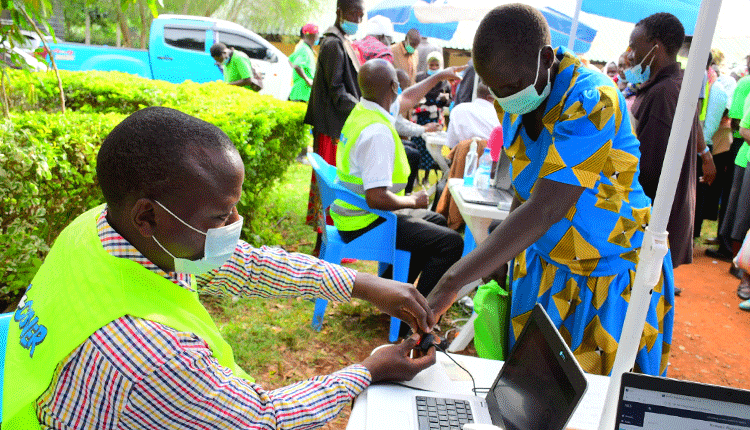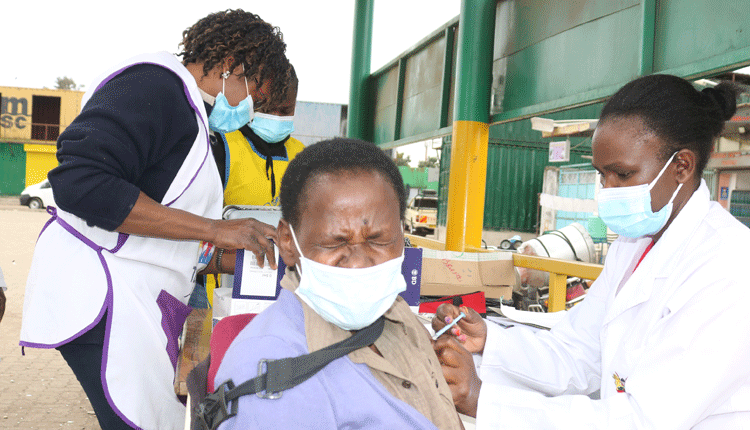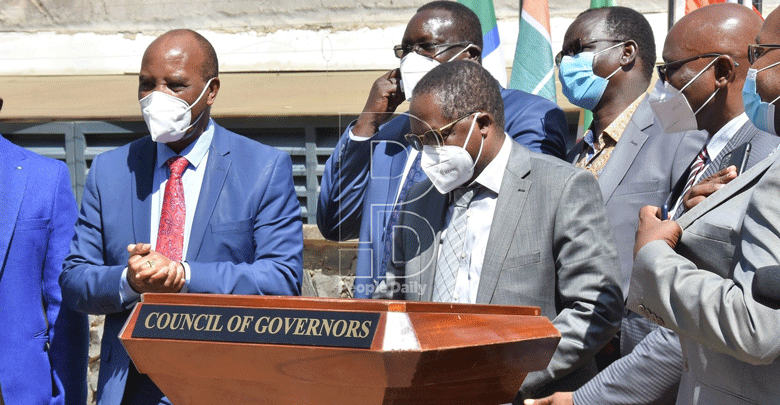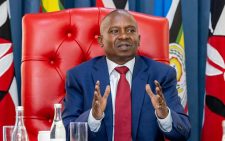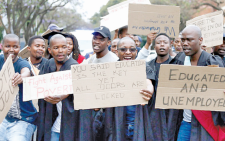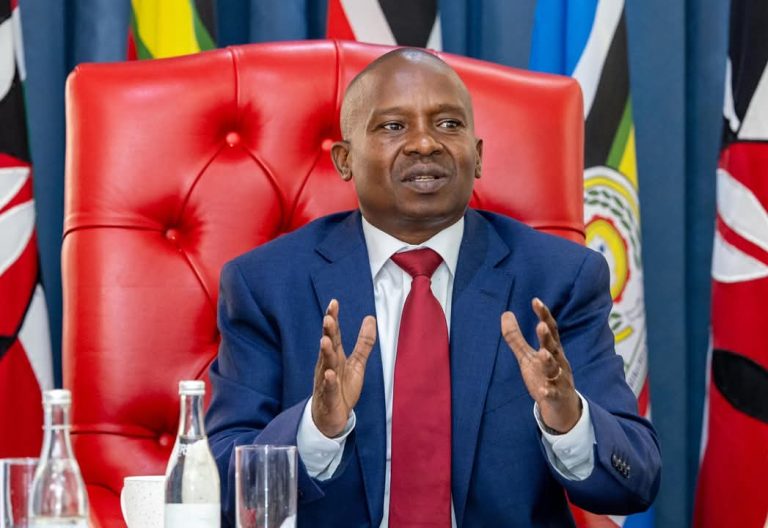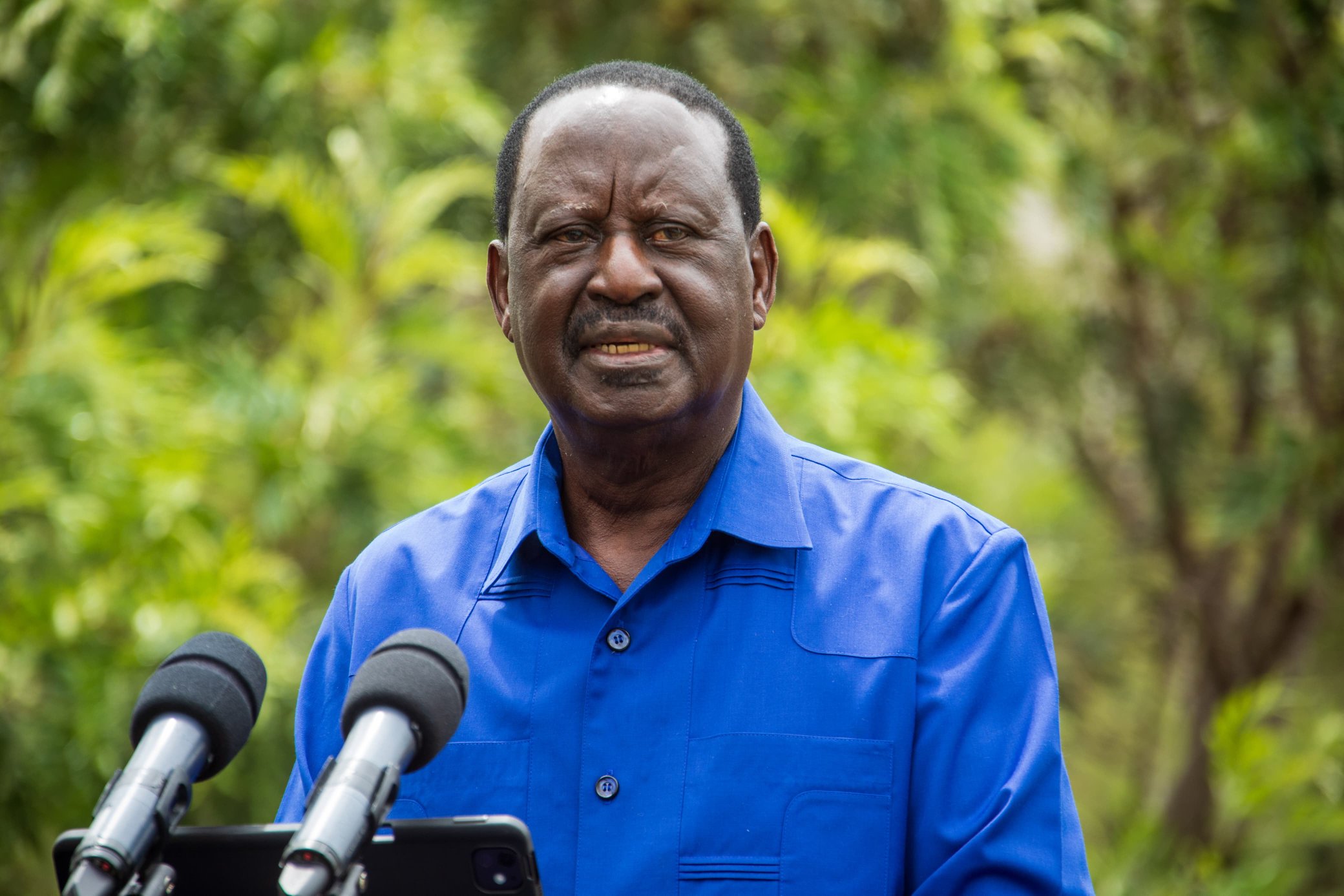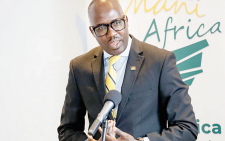Deep thought needed to strike right budget chord
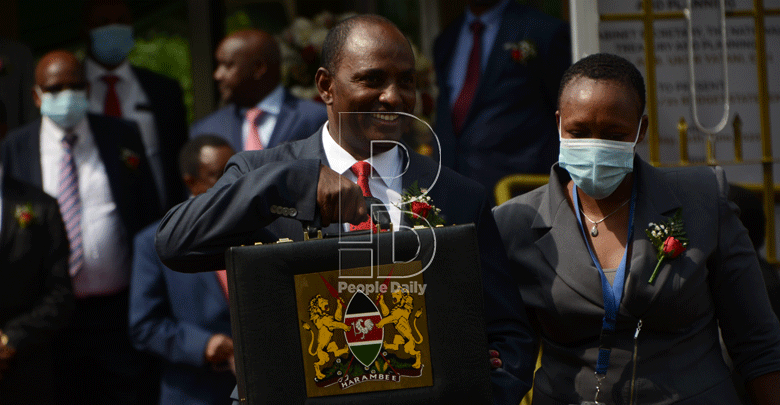
Francis Kamau
Pundits and critics are both tantalised by public declaration of April 8 by Treasury CS Ukur Yatani that the economy is expected to grow by seven per cent on account of the resumption of international trade, strategic investments in development priority areas.
Yatani said the economy grew by 0.6 per cent in 2020 due to the triple threats of Covid-19, locust invasion and floods.
In my humble view, the 2021/22 financial year is hard to predict. With Covid-19 pandemic and its unpredictable variants and global economy that has recorded unstable performance, Kenya government’s economic magic will depend on identifying all past, current and future economic shocks and create a catalogue of how to expeditiously deal with each and every one of them.
Such a visionary and bold economic turnaround was achieved from 2003/4 during the beginning of President Kibaki administration – an economic epoch fondly known as Kibakinomics!
It was no brainer that the economists during the era of Kibakinomics first closed the pipes that fed the corrupt activities.
The economy then experienced a bold action where the domestic borrowing by state was reduced to bare minimum forcing banks to turn to private businesses and individuals — a professional ingenuity that was calculated to ensure the private sector has the much-needed funding.
President Kibaki also invested heavily on roads, power and telecommunication infrastructure to attract Foreign Direct Investment and create internal capacity to grow existing businesses.
Ease of doing business
The Kibakinomics further invested in education, health and demystified the ease of doing business in Kenya.
As a result, the Treasury Bills/Bond rates hit rock bottom, the economy expanded exponentially, and capital and money markets exploded.
Drawing from the past experiences of Kibakinomics, I am convinced the health of our economy depends, in part, on what we do right now to create the conditions where businesses can hire, and middle-class families can feel a basic measure of economic security.
But in the long run, our prosperity also depends on our ability to pay down the massive debt we’ve accumulated over the past decade in a way that allows us to meet our responsibilities to each other and to the future!
This must be coupled with slaying the dragon of corruption, laying the foundation of a strong and predictable fiscal policy, reduction of domestic borrowing, expanding the tax base, creating a level playing field for all businesses and creating a business climate that is competitive globally and that encourages innovation for our talented pool of youthful populace.
I am apoplectic since in the past couple of years, the economic genius of Kibakinomics seems to have been shelved by the current regime.
To sum it up, Kibakinomics brainchild – The Vision 2030 Blueprint, is being implemented with lethargy and in a reckless abandon.
To add credence to the already disturbing conjecture, Kenya profligate spending, erratic economic stimulus and the 2020 recession increased our yawning deficit, and that left us with a big pile of IOUs.
If we don’t act, that burden will ultimately fall on our children’s shoulders. If we don’t act, the growing debt will eventually crowd out everything else, preventing us from investing in things like education, or sustaining already weak health care. Kenya must live within its means.
The government must do what families across this country have been doing for years.
We must cut what we can’t afford to pay for what really matters. We need to invest in what will promote hiring and economic growth now while still providing the confidence that will come with a plan that reduces our deficits over the long-term.
We need to go through the budget line-by-line looking for waste, without shortchanging health, education, investment in agriculture, manufacturing and basic scientific research because those things are essential to our future.
And we shouldn’t balance the budget on the backs of the poor and the middle class; that for us to solve this problem, everybody, including the wealthiest Kenyans and biggest corporations, must pay their fair share. — The writer is Partner at Ernst & Young LLP and Leader of our Tax Business in East Africa
